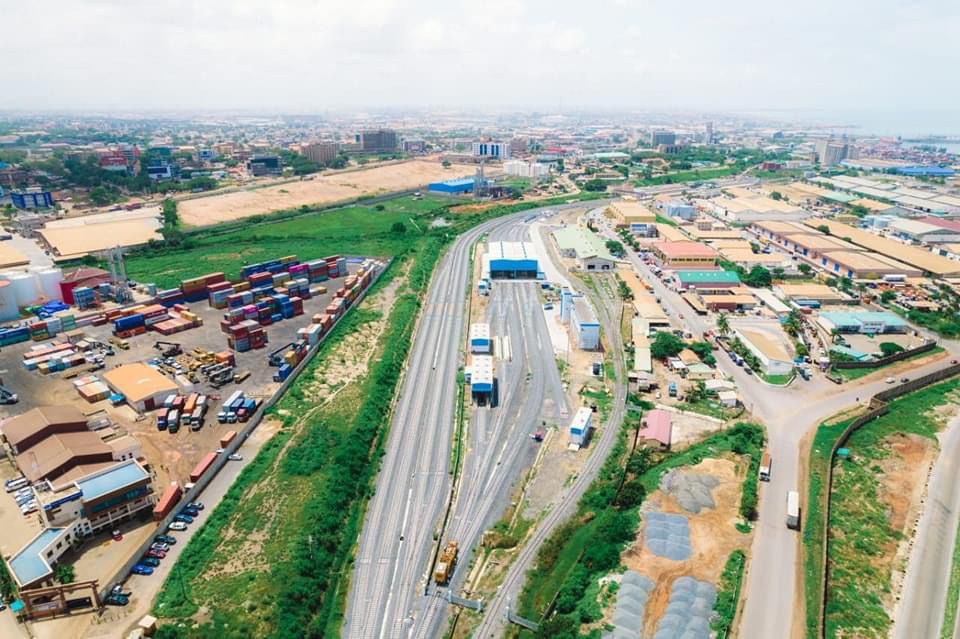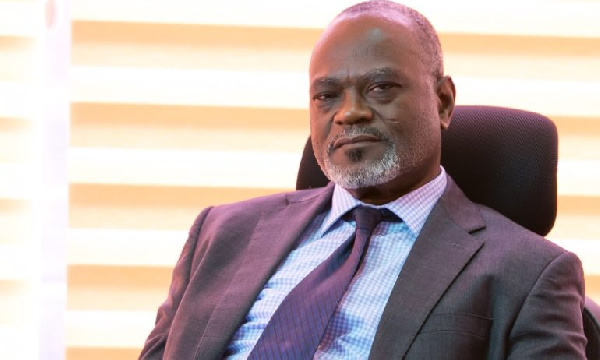
Uncertain Policy Environment Poses Greatest Threat To Recovery Efforts, Macroeconomic Stability

It offers a framework to generate economic growth, achieve social justice, exercise environmental stewardship and strengthen governance.” Following the advent of the Covid-19 pandemic, disruptions in economic activities have made a return to pre-pandemic conditions difficult (UN, 2022).For Africa, although most economies are witnessing rising output levels, supported by a more favourable global context, economic recovery has been weaker than in other regions.
For us in Ghana, global rating agency, Fitch, before downgrading Ghana from B stable to B- with Negative Outlook noted as follows: “This downgrade comes in the context of uncertainty about the government’s ability to stabilise debt and against a backdrop of tightening global financing conditions.”In a recent report on the World Economic Situation and Prospects for 2022, the United Nations Department of Economic and Social Affairs (UN DESA) notes that new COVID-19 waves and an uncertain policy environment have the potential to cloud Africa’s recovery prospects.
This brings into sharp focus the need to discuss Ghana’s economy, economic policy environment and growth prospects especially in the short to medium term as the country makes efforts to achieve economic growth and development, amid global uncertainties.Disconnect between Flagship Programs and Macro-Economic ObjectivesOver the years, Government flagship policies and programmes such as the One Village One Dam, Planting for Food and Jobs (PFJ), and One District One Factory initiatives have failed to respond to recent threats and drive growth of the economy, despite huge investments by way of budgetary allocations and foreign direct investments.
In Ghana, the Summary of Economic and Financial Data recently published by the Bank of Ghana revealed that Ghana’s public debt stock remarkably shot up by GHS40.1 billion to ¢391.9 billion as of the end of March 2021, equivalent to 78% of Gross Domestic Product (GDP); with the surge in the debt resulting largely from domestic debt and also slight depreciation of the cedi to the dollar.
As observed by the EIU, Ghana’s effective debt to GDP ratio is more than double that of the average peer African country, indicating a disconnect between financial markets and economic fundamentals as the gap continues to widen.Unemployment & Low Productivity to Derail Growth ProspectsThe unemployment rate in Ghana has almost tripled in little more than a decade, according to the 2021 population and housing census as reported by the Ghana Statistical Service (GSS).
Considering the fact that majority of persons engaged in the agricultural sector – which sector contributes the highest to Ghana’s GDP are women, unemployment especially among women, would derail Ghana’s short to medium-term growth prospects and negatively impact economic development.RecommendationsAs noted by American businessman and philanthropist, Joe Lonsdale, “Good Governments is one of the most important factors in economic growth and social wellbeing.” Leadership and Good Governance is therefore essential in ensuring improved quality of life and sustainable development of a country.
This is the only way Ghana can build back better – reduce inflation, over-reliance on imported goods, and achieve cedi appreciation in the medium to long term, thus, guaranteeing sustainable economic growth and development.ConclusionIn conclusion, as noted by UN Secretary-General, António Guterres, “In this fragile and uneven period of global recovery, the World Economic Situation and Prospects 2022 calls for better targeted and coordinated policy and financial measures at the national and international levels.






